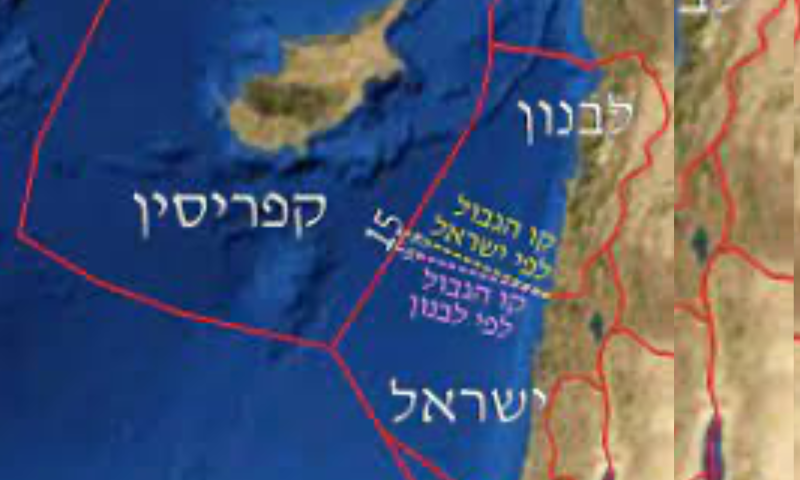Yoav Limor
Israel Hayom, Oct. 3, 2022
“Israel has made a tactical concession for a strategic gain of stability on the northern border.”
The emerging maritime agreement with Lebanon is good news. As it is with most deals, it is not perfect, but the alternative – a dangerous escalation on the northern border – would be much worse.
It has three benefits. Firstly, because these are negotiations between Israel and Lebanon, albeit indirect and mediated by the United States. We should not underestimate the importance of an agreement, even if partial, with an enemy state at the heart of which is a terror organization currently posing the greatest threat to the Jewish state. The ability to generate and implement common interests is in its nature a calming and restraining element in a region where there is no shortage of factors that could spark a war.
Secondly, there is the economic aspect. Lebanon is a broken, insolvent country on the verge of anarchy, and the money it would gain from gas drilling would help it stabilize. The claim that the finances will be used for missile and rocket building is nonsense. Hezbollah does not finance its operations with Lebanese taxpayers’ money, but rather with that of Iranian taxpayers. Besides, Hezbollah wants Lebanon to stabilize economically because it is continuously being accused of preventing such a recovery (and rightly so).
And the third benefit is energy. Israel could start producing gas from the Karish field immediately, and at a time when the world is hungry for natural gas and prices are increasing. It will do so without a physical threat to its rigs. The Lebanese rig, which will be placed opposite the Israeli one, will be a restraining factor as both countries will worry about losing valuable maritime assets. Lebanon will also get to reduce its energy dependence on Iran, and strengthen its ties with Western European countries.
However, the main disadvantage of the deal is the possible loss of maritime assets. It is not a border, because the territory in dispute is outside the sovereign territory of Israel, but in the territory where it has “special rights.” source


